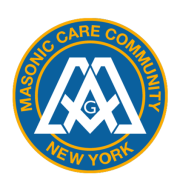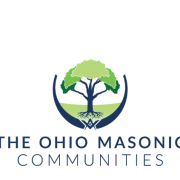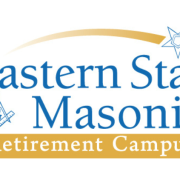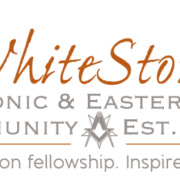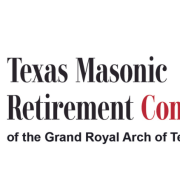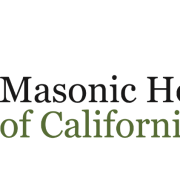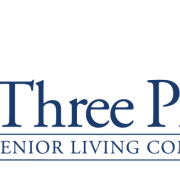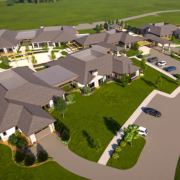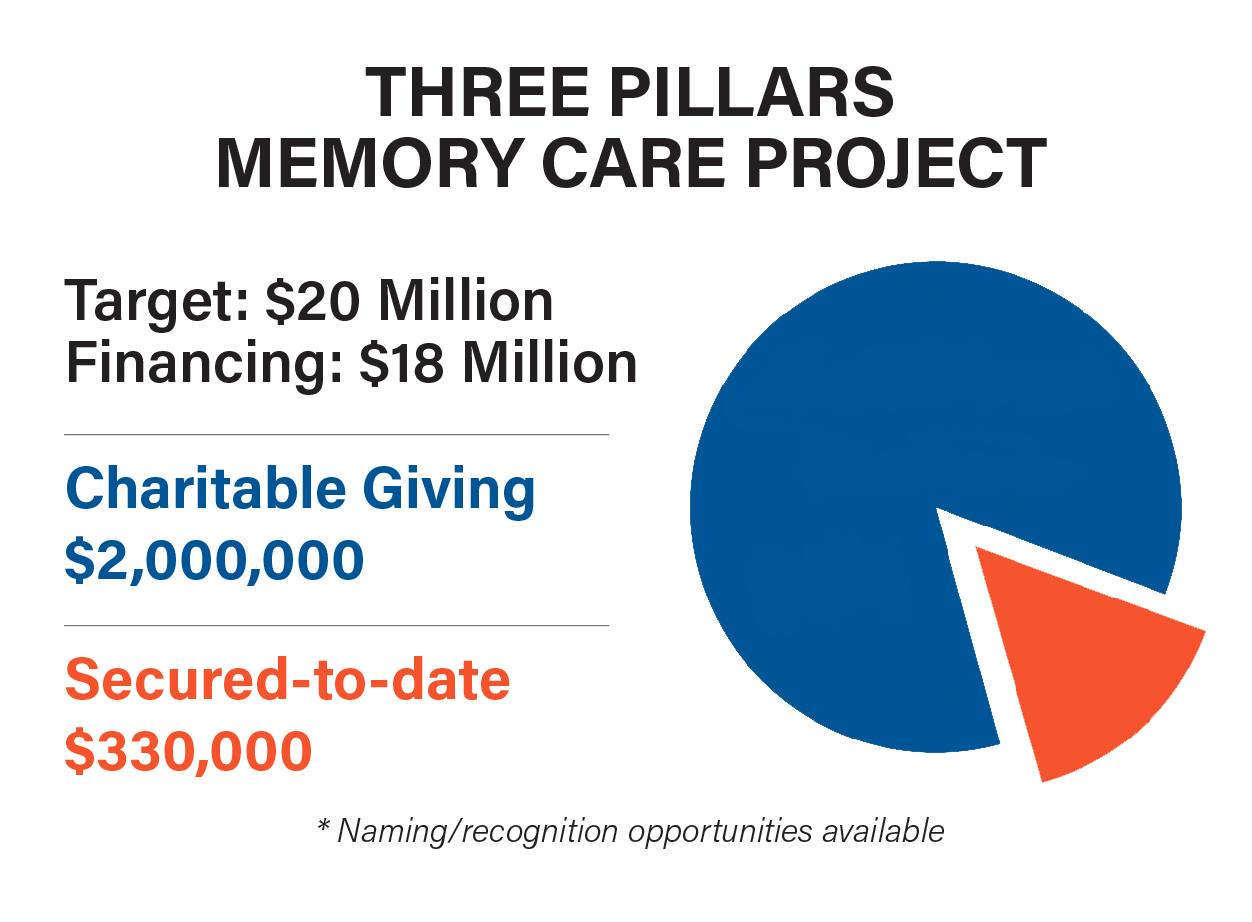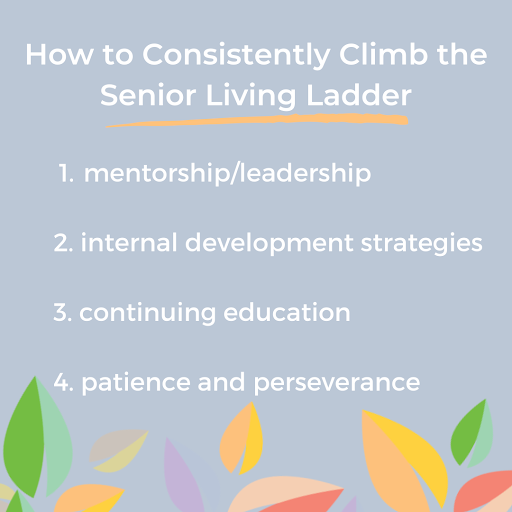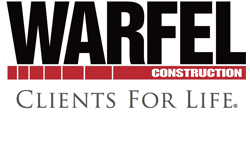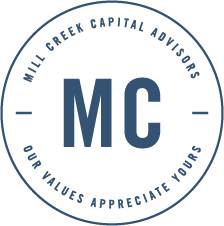Masonic Health System of MA, Inc./The Overlook in Charlton
About MHS
For over 100 years, Masonic Health System of MA, Inc., or The Overlook in Charlton, has provided a continuum of care and health services for Massachusetts residents and their families. Today, The Overlook tailors to individuals with a wide variety of needs. They offer independent living, enhanced assisted living, memory care, skilled nursing, short-term rehabilitation, home health, and hospice.
Persevering Through the Pandemic
Back in 2020, Masonic Health System of MA, Inc. suffered some substantial blows at the hands of the COVID-19 global pandemic. Extreme staffing shortages, an increase in outside agency wages, and an increase in the costs in delivery of care hit us hard. To add insult to injury, the MA Department of Public Health forced multiple shutdowns to new admissions.
However, perseverance was key at The Overlook, as it still is today. We are still serving our senior community, despite having to absorb decreases in reimbursement and reductions in payments outside of our control, such as:
- Centers for Medicare & Medicaid Services
- Commercial insurance companies
- Price inflation for supplies and services
- The growing need for capital improvements to our aging Campus and buildings
These obstacles make us prouder than ever of our 110+ year history at Masonic Health System! We remain extremely optimistic about The Overlook’s future. Our methods of proactively addressing these concerns with grit and innovative solutions are a testament to our resiliency. We refuse to be crippled and derailed like so many other companies. In fact, The Overlook experienced 31 sales in 2022, 28 sales in 2023, and an occupancy rate exceeding 93%. We are poised and positioned for an exciting future!
The Masonic Health System of MA, Inc./The Overlook in Charlton’s Master Plan
In July 2022, The Overlook completed a Request for Proposal for a large Master Planning process, targeting ten highly reputable national agencies. After narrowing the respondents from 10 to 4 finalists, MHS is proud to be working with RLPS & Witz Company, The Overlook’s Master Planning architects and development partners as of October 2022.
From restaurants to hiking trails to meaningful and enriching experiences, The Overlook is determined to enhance the way we age and engage. Excitingly, partnerships and developments have already begun! We now have a full-service veterinary clinic on Overlook’s Campus in Charlton and an affiliation with the National Innovation Center for Aging in Newcastle, England. The Overlook is now the first senior living hub/community of longevity in the United States!
The Overlook’s Master Planning process will also reinvigorate its Fund Development and Philanthropy Program. With the launch of a Capital Campaign to help raise funds for the project, we are already on the road to completion.
A successful Master Plan will ensure The Overlook’s long-term viability and ability to serve its Mission for years to come. The implementation of this plan will progress in two phases:
Phase 1
Phase 1 focuses on relocating and renovating, and will take 2+ years to complete. During Phase 1, we will be:
- Relocating Overlook’s Short Term Rehabilitation Unit to a more favorable location on the Charlton Campus.
- Renovating and increasing the units from 27 to 40 Private Rooms.
- Reducing The Overlook’s Long-Term Care Units from 112 Private Rooms to 78.
- Relocating and doubling the size of the Assisted Living Fieldstone Memory Care.
- Updating Stonebrook Enhanced Living.
- Updating the 1st & 3rd floors of Long-Term Care.
Phase 2
In conjunction with Phase 1, Master Planning Phase 2 will transform The Overlook beyond its singular Mission of serving older adults. Instead, we will be shifting to a multi-generational, mixed-use Campus! This involves creating a “Village Center” with numerous outlets for individuals of all ages. Here, they will be able to build and enjoy life through exciting amenities, services, and programs designed to positively impact lifestyle, health and wellness. We expect Phase 2 to take 5+ years to complete.
We encourage you to read more on our blog and reach out to us for a tour and more information at 866-753-5429!

See our other Business Member Spotlights on our News Page!


